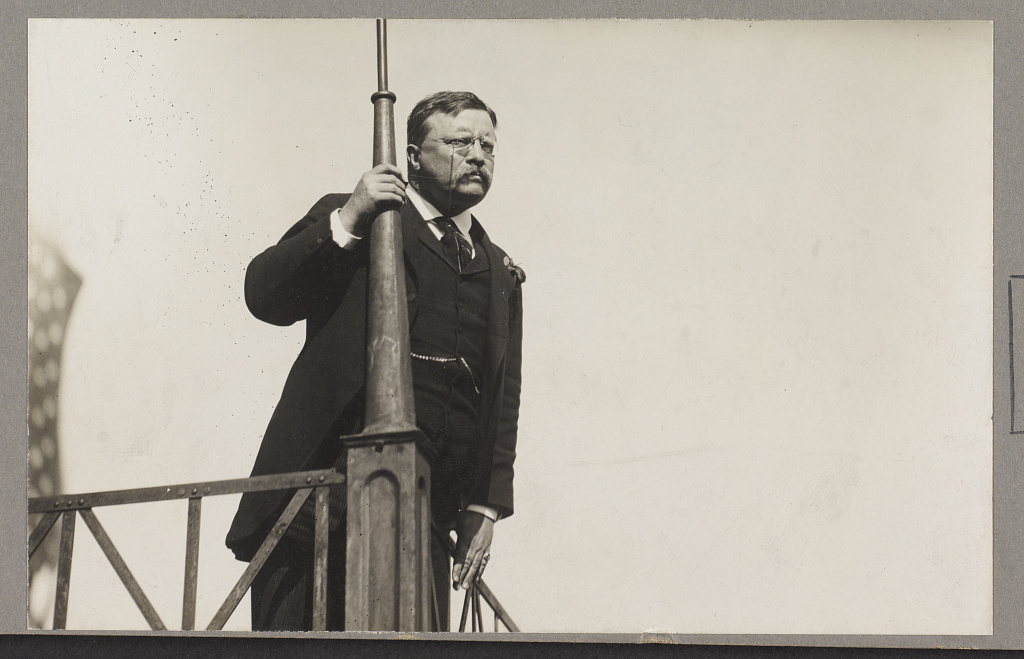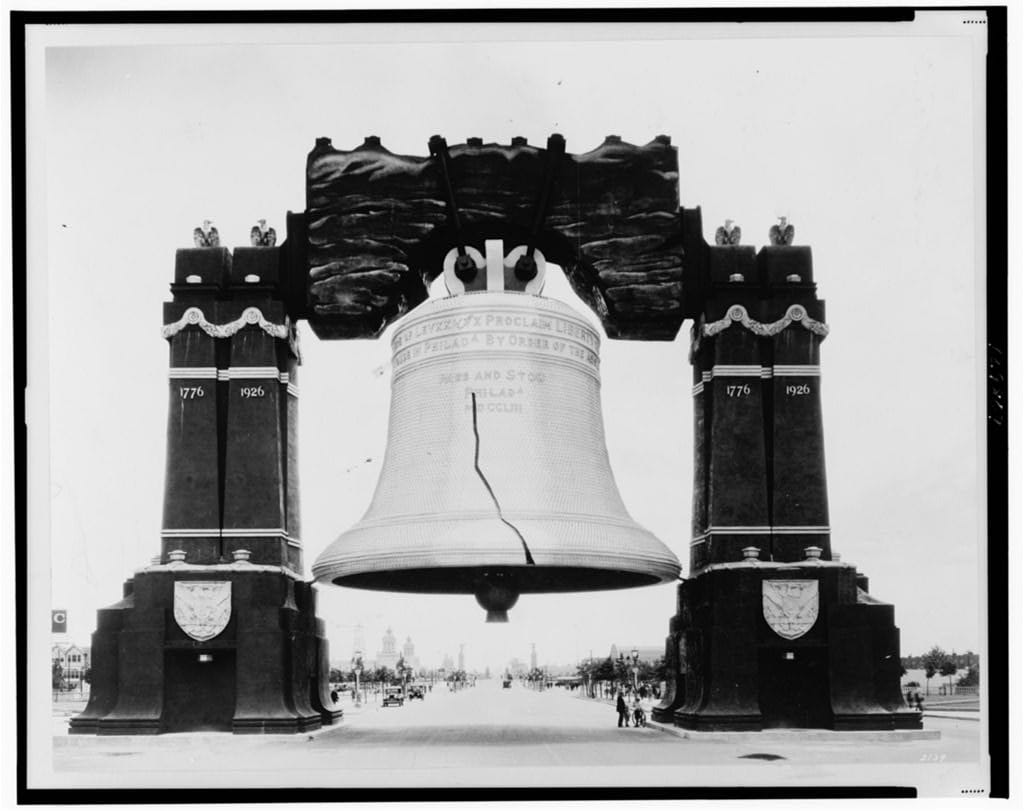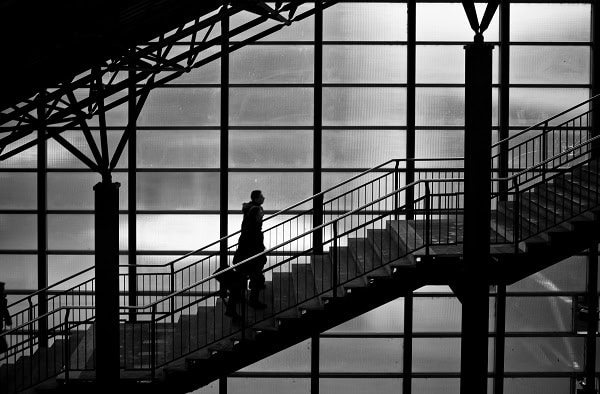John F. Kennedy was the only incumbent U.S. president to join the American Historical Association in the 20th century, but two others—Theodore Roosevelt and Woodrow Wilson—served as Association presidents after leaving the White House. However, only Roosevelt gave a presidential address during his term; Wilson passed away shortly before the 1924 annual meeting and Charles M. Andrews acted as president in his place. Roosevelt spoke before a crowd of about 450 members in Boston on December 27, 1912, and, like so many AHA presidents before and after him, pondered the state of the historical profession, its future, and its relation to other academic disciplines.
Roosevelt’s address, entitled “History as Literature,” reprinted in the American Historical Review (April 1913, 473–89), looked back to the first historians, the
poets and philosophers of the classical world. “There was a time—we see it in the marvellous dawn of Hellenic life—when history was distinguished neither from
poetry, from mythology, nor from the first dim beginnings of science,” he said. He lamented this loss in the modern state of the profession, observing that “the steady growth of specialization has rendered such combination now impossible.”
He expressed dismay at the gradual shift from history as literature to history as a factual science. Though he believed that facts and documentation were critical
to scholarship, noting that “history can never be truthfully presented if the presentation is purely emotional,” he felt that by melding the two disciplines, the historical profession could only become stronger. “Very accurate, very real and vivid, presentation of the past, can come only from one in whom the imaginative
gift is strong. The industrious collector of dead facts bears to such a man precisely the relation that a photographer bears to Rembrandt.”
Despite his reservations about the turn the profession had taken, Roosevelt praised the work of historians from the classical world to the present day, and urged future generations to take advantage of their careful research. “The great historian of the future,” he said, “will have easy access to innumerable facts patiently gathered by tens of thousands of investigators, whereas the great historian of the past had very few facts, and often had to gather most of these himself.” He returned to the central theme of his speech as he cautioned the future historian that “he cannot do as good work as the best of the elder historians unless he has vision and imagination, the power to grasp what is essential and to reject the infinitely more numerous nonessentials, the power to embody ghosts, to put flesh and blood on dry bones, to make dead men living before our eyes. In short he must have the power to take the science of history and turn it into literature.”
Roosevelt ended his address by speaking not on history as a discipline, but on American history itself. “Those who tell the Americans of the future what the
Americans of today and of yesterday have done, will perforce tell much that is unpleasant,” he said. “This is but saying that they will describe the archtypical civilization of this age. Nevertheless when the tale is finally told, I believe that it will show that the forces working for good in our national life outweigh the forces working for evil, and that, with many blunders and shortcomings, with much halting and turning aside from the path, we shall yet in the end prove our faith by our works, and show in our lives our belief that righteousness exalteth a nation.”
Though many of Roosevelt’s remarks and opinions on the historical profession and the nation’s history may now be outdated or superseded by revisionist scholarship, his primary concern—that history not become an isolated discipline with links only to the past—still rings true today.


